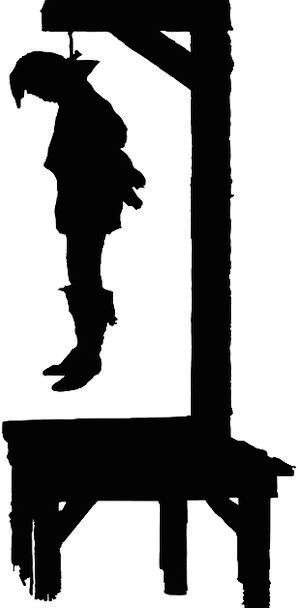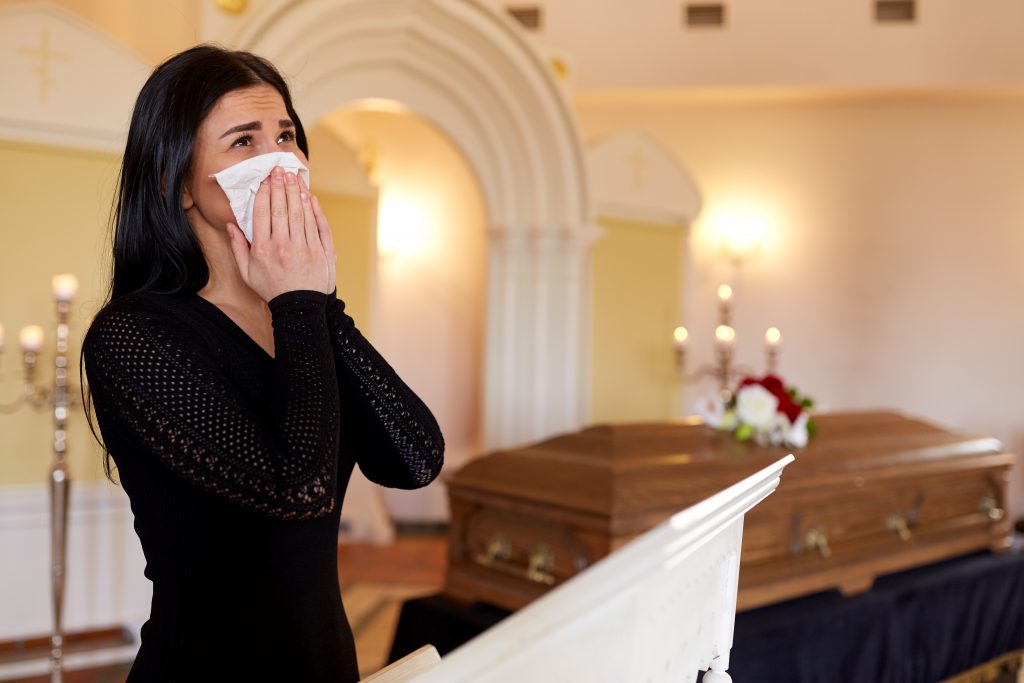After over sixty years as a child of God, I continue to plunge into doubt and despair instead of living in hope and joy. I despair when I harbor the same sinful attitudes I struggled with in my twenties. I still become frustrated and overwhelmed when it feels like I’ve lost control. I often ask God to help me overcome temptations. But when I pray and nothing much changes, I struggle to maintain my faith. I am tempted to doubt both God’s love and his power to do what I have requested. I don’t think I’m the only one.

Photo by David Menne
David Felt Fear
It turns out that even some Bible heroes struggled with temptation and sin. David did, and he wrote songs about it. Psalm 18 is an example. According to the title, David wrote this Psalm after one of his narrow escapes from one of King Saul’s attempts to kill him.
David was human, just like us. Sure, he killed the giant Goliath. But he also feared for his life several times. He expressed those fears in verses 4 and 5 of the psalm. “The cords of death encompassed me, the torrents of destruction assailed me, the cords of Sheol (death and the grave) entangled me; the snares of death confronted me.” David felt like an animal caught in the cords of a snare that twists tighter and tighter as he struggles to get away. Bottom line: He feared for his life.
God Loved and Protected David
David had experienced God’s help in lots of scary situations. So, instead of giving in to his fear, he chose to
cry out to God for help (Verse 6). One time, David was hiding from King Saul in a cave. Unfortunately, the king needed to use the bathroom and sought privacy in David’s hiding place. Saul was so close to him that David was able to cut off a corner of his robe (1 Samuel 24:1-4). The only reason David escaped with his life was because God made him invisible in the darkness of the cave.
When David felt trapped and helpless, he first focused God’s power. In Psalm 18:7-15, David uses vivid images to describe the Lord’s infinite power and love toward those who find their faith wavering. He mentions how God made the mountains shake and blew away the water of the sea to expose the foundations of the earth. His words remind us that God did those very things for the Israelites when they escaped from Egypt. We can also discover what God can do for any of his children by remembering stories from Scripture. And we can use David’s writing to give us words to pray when life is overwhelming.
Pray Scripture to Renew Hope and Joy
This is how I apply this Psalm when I am distressed. “He sent from on high, he took me; he drew me out of many waters” (Verse 15). This reminds me of how God grabbed hold of my heart as a child. He saved me and protected me as I grew up. For instance, I could have drowned in an ocean of anger, selfishness, and rebellion as a teenager. Even now, God draws me out of the pits I fall into because of sins of pride, self-centeredness, and negativity.

“He rescued me from my strong enemy and from those who hated me, for they were too mighty for me” (Verse 17). God absolutely rescued me from the clutches of Satan. Now he saves me when I become overwhelmed when my computer becomes my enemy. If I remember to cry out to God in that situation, the difficulty shrinks to a manageable state. My heartbeat slows down, and I remember that I’m married to tech-savvy man who is willing to help. In this way, the enemy does not defeat me just because I hit the ‘delete’ key instead of “return”.
David continues, “They confronted me in the day of my calamity, but the LORD was my support” (Verse 18). My enemies don’t carry guns or swords. It’s schedule interruptions, bodily weaknesses, and machines that get me down and frustrate me. When I realize I am descending into spiral of negativity, I need to stop, breathe, and pray. That’s how I lean on God’s strength instead of my own. He always supports me because he loves me and is bigger than all my various enemies.
Hope and Joy will Defeat Doubt and Despair
Because I am God’s child, he frees me from all sorts of dangers. A rotten, selfish attitude or sickness may hold me captive. I may despair over a burned casserole or a broken egg on the kitchen floor. I could also grieve with a loved one or become irate after hearing about severe domestic violence. Any of these situations and more can rob me of hope and joy. But no matter what causes my despair, God will do for me what he did for David. He tells us the results of God’s rescue plan in Psalm 18:19. “He brought me out into a broad place; he rescued me, because he delighted in me.”
At any moment in any stress-filled or weary day, children of God can choose to live in the broad place God has provided. We can stop living in fear and depression because God loves us. In fact, he delights in us. And, he has the power to release us from anyone or anything that threatens us. He moved heaven and earth to help the Israelites and mad David invisible. He’ll do the same for us. So, let’s stop doubting and start trusting our loving and powerful God. If we will do that, we can walk through the trials and traumas of life with hope and joy instead of doubt and despair. After all, we are children of the Creator and Ruler of everything that exists.
Note: Daniel is another Bible hero who experienced God’s deliverance. Read a story in Daniel 6.














